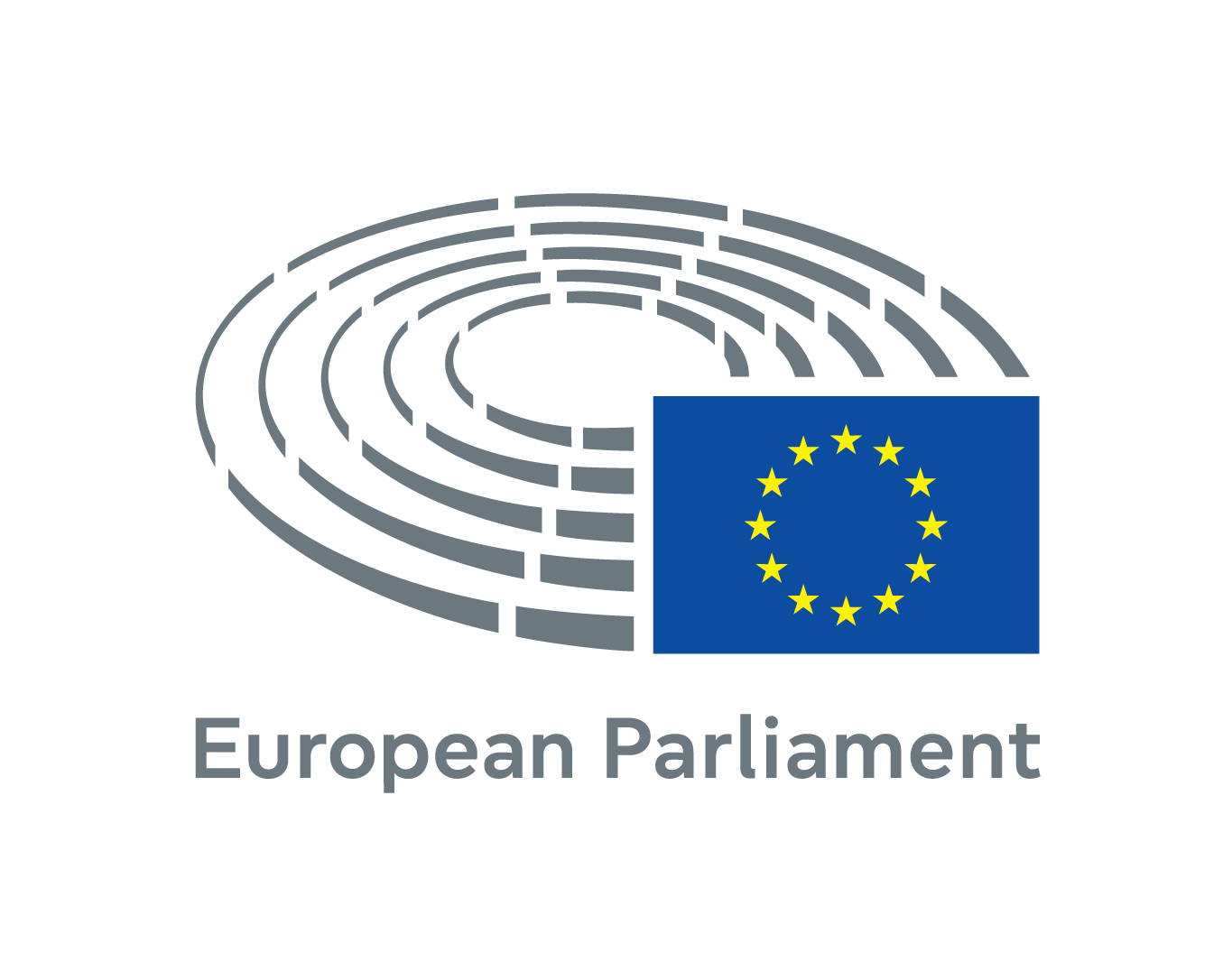Commission imposes duties on unfairly subsidised imports of aluminium road wheels from Morocco

The European Commission has imposed countervailing duties on imports of aluminium road wheels from Morocco, shielding EU producers and defending 16,600 jobs from unfair trading practices.
The imports were found to be unfairly subsidised, including via China’s Belt and Road Initiative (BRI), and as such were harming the EU industry.
European Union and Tanzania Celebrate Completion of TZS 278 Billion AGRI-CONNECT Programme, Benefiting Over 177,000 Farmers

The European Union (EU) and the Government of Tanzania have celebrated the achievements of the AGRI-CONNECT programme, a flagship initiative that has supported sustainable agriculture through improved value chains for shared prosperity. With a total investment of EUR 100 million (approximately TZS 278 billion) funded by the European Union, AGRI-CONNECT, launched in 2019, has played a crucial role in enhancing Tanzania's agricultural sector, particularly in horticulture, coffee, and tea.
SADC and EU held a Ministerial Partnership Dialogue on 15 March 2025, in Harare, Zimbabwe

A Ministerial Partnership Dialogue between the Southern African Development Community (SADC) and the European Union (EU) was successfully held on 15 March 2025, in Harare, Republic of Zimbabwe, where the two parties engaged on issues of mutual interest, including peace and security, human and sustainable development, climate change, environment, trade and investment.
President von der Leyen in South Africa: launches talks on a new trade and investment deal, unveils €4.7 billion Global Gateway package

On the 13th of March, President Ursula von der Leyen and President António Costa are at the EU-South Africa Summit in Cape Town to strengthen Europe's strategic partnership with the country.
During the Summit, Europe and South Africa agreed to start talks on a new generation of trade deals — a Clean Trade and Investment Partnership.
AU and EU deepen ties with a €20 million capacity building agreement

The African Union (AU) and the European Union (EU) have signed the EU-African Union Partnership Performance Acceleration Programme (AUPPAP), a financing agreement designed to promote integrated development and capacity building across Africa, which complements the existing support provided by the EU and its Member States to the AU under the AU-EU partnership that celebrates 25 years this year.
EU and South Africa strengthen Climate and Environment Cooperation

On 4 March 2025, the European Union (EU) and South Africa came together for the 7th EU-South Africa Policy Forum on Environment, Climate Change, Sustainable Development and Water, held in Brussels and online. The forum reaffirmed both parties’ commitment to tackling climate change, strengthening environmental sustainability and promoting the just energy transition.
Commissioner Šuica in Egypt to strengthen EU-Egypt Partnership and discuss New Pact for the Mediterranean

Today, Commissioner for the Mediterranean, Dubravka Šuica, visited Egypt to reaffirm EU’s commitment in supporting Egypt at this pivotal moment. Egypt is not just a key partner—it is a cornerstone of regional stability, security, and economic cooperation. It also served as an opportunity to present her vision for the New Pact for the Mediterranean.
Joint Press Release: 16th European Union – South Africa Ministerial Political Dialogue

The European Union High Representative for Foreign Affairs and Security Policy and Vice President of the European Commission, Ms Kaja Kallas, and the Minister of International Relations and Cooperation of the Republic of South Africa, Mr Ronald O. Lamola, co-chaired the 16th session of the Ministerial Political Dialogue on 19 February 2025, in Cape Town, in the context of the EU-South Africa Strategic Partnership.
MEPs want to suspend EU-Rwanda deal on sustainable value chains for critical raw materials

The Rwandan government must withdraw its troops from the Democratic Republic of Congo’s territory and cease cooperation with the M23 rebels, Parliament says.
In a resolution adopted on Thursday, 13 February, MEPs strongly condemn the occupation of Goma and other territories in eastern Democratic Republic of Congo (DRC) by M23 rebels and the Rwandan defence forces as an anacceptable breach of the DRC’s sovereignty and territorial integrity.
16th EU-South Africa Ministerial Political Dialogue

EU High Representative for Foreign Affairs and Vice President of the European Commission, Kaja Kallas, will meet South African Minister for International Relations and Cooperation, Ronald Lamola, along with other key South African government ministers, for the 16th EU-South Africa Ministerial Political Dialogue.




